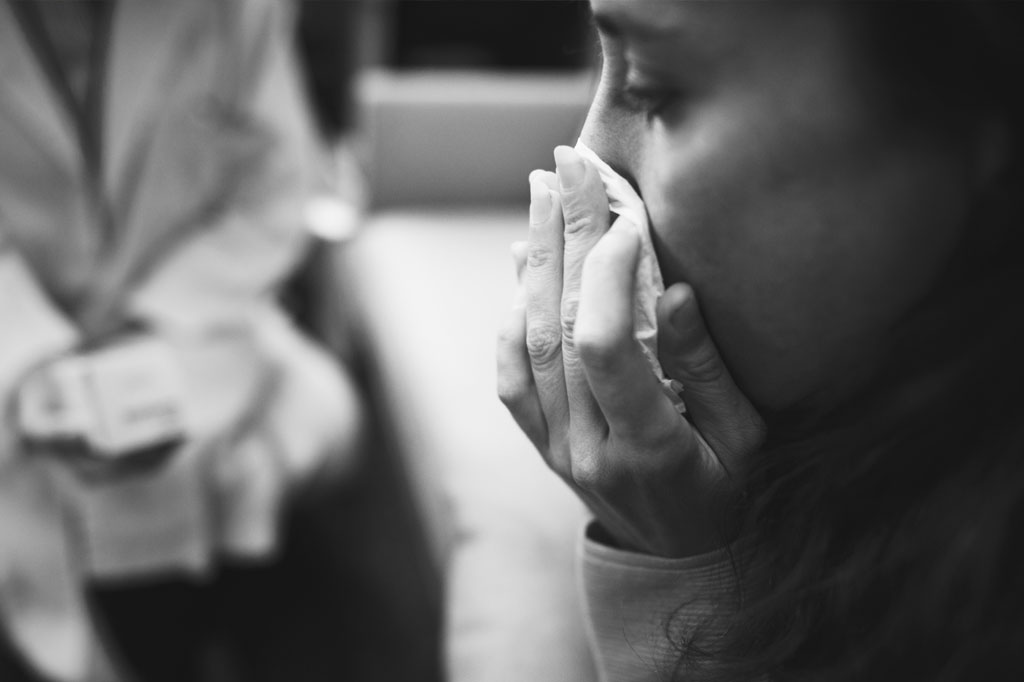The days and weeks immediately following the birth of your baby can turn into a roller coaster of emotions both joyous and overwhelming.
Many women experience feelings of sadness after childbirth, ranging from brief
postpartum blues to a deeper, longer-lasting depression known as postpartum
depression. Postpartum depression is more common than you can imagine, so it is very important that you recognize the signs in time and seek appropriate help.
Postpartum depression is considered a feeling of deep sadness and exhaustion following the birth of the baby or any time up to twelve months after delivery. A woman with postpartum depression may feel sad, hopeless, tearful, anxious, very low, restless, worthless, and/or lonely.
You may also have trouble concentrating or completing daily tasks, reduced interest in food or appetite in general, feelings of not being a good mother, losing interest in your child, or being excessively concerned about the child’s health, and significantly feeling overwhelmed and frustrated by the situation, feeling that there is no hope of getting out it.
Mothers tend to experience ambivalence because it is supposed to be the happiest moment of their lives, but instead they have feelings and painful thoughts. One of the most worrying symptoms is its difficulty to express what they feel, causing problems in the detection of this condition, which has psychological treatment.
Why does it occur?
This condition has been shown to be closely related to hormonal changes that occur during and after childbirth. These changes in the woman’s body cause hormonal fluctuations that can lead to sadness, anxiety, and depression.
This condition can appear in any woman, but it is important to recognize that those who have a higher risk of developing it are those with a history of personal or family depression, likewise the risk doubles when there is a previous history of postpartum depression in a previous pregnancy. In the same way, you need to know that factors such as severe stress, lack of support, and emotional problems during pregnancy are triggers for the development of this condition.
When should you seek help from the specialist?
It is important to seek help when feelings of sadness are strong or overwhelming, if they remain most of the day for several days in a row or if they last more than a week or two. When ideas or ideations of self-harm or harm to their baby, these are indicators of the extreme need to seek professional help.
Postpartum depression can last for several months or even longer if left untreated. With proper treatment, a woman can recover and feel well again. Treatment may include psychotherapy, as well as establishing a healthy lifestyle along with exercise, getting enough rest, and having social support.




